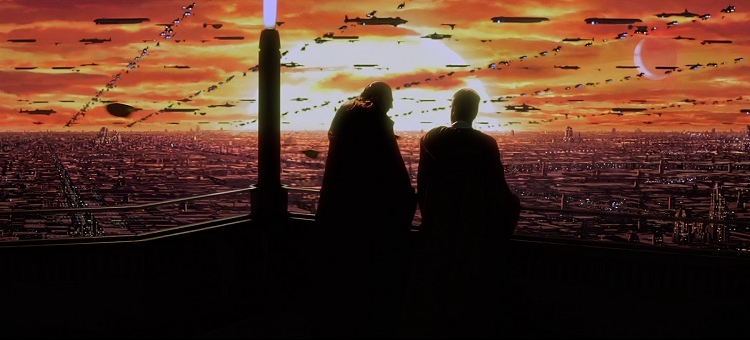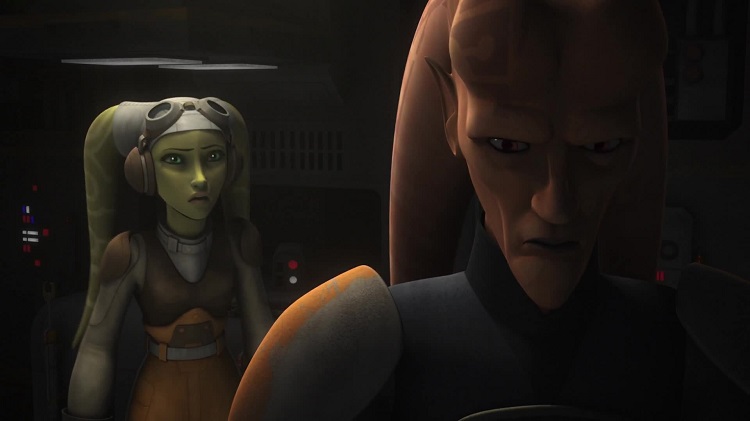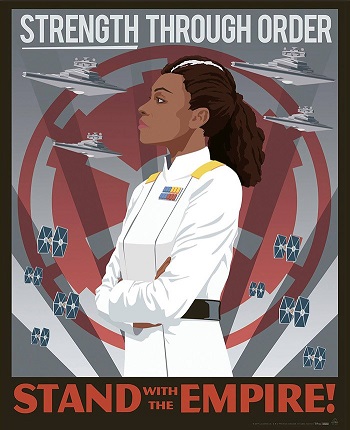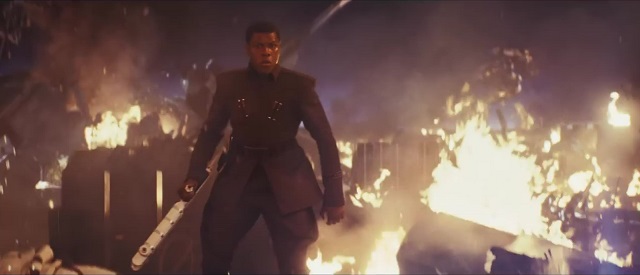My memory doesn’t work like most people’s. I’m bad with hard details—from minor trivia-question stuff like what year the TIE interceptor debuted in-universe all the way to the major plot mechanics of books I read even a handful of years ago. I can tell you that Kenobi is my favorite Star Wars novel, but when writing my recent EU Explains piece I still had to read the plot summary on Wookieepedia to remember what the hell actually happened in it. What does stick in my mind is the big picture, the tone, the flavor of a character, a book, an era. That’s why I’ve always been into the sweeping, historical aspect of Star Wars canon(s); I have a good eye for context, and I enjoy picking out new insights from the tapestry of stories the franchise puts out and how they interact—intentionally or otherwise—even as their particulars are quick to flee my mind.
What’s been especially interesting over the past five years has been the things I notice about the new canon that feel distinctly different from Legends continuity. Foremost among these is the sense that the Galaxy Far, Far Away is bigger now; more anarchic, harder to get around. [1]Even as hyperspace travel seems much faster than it used to be. While the EU tended to portray galactic society as not too different from contemporary Earth—where the relationship between Corellia and Rodia, say, was roughly along the lines of that between Vermont and Colorado, or Greece and Luxembourg—in the new canon there barely is a galactic society. Luke Skywalker is a myth, the Empire was good for employment, and it’s entirely possible to go through life without running into anyone who’d testify otherwise.
While novelist Alexander Freed has played with this provincial take on the galaxy more than most, one particular detail in his recent novel Alphabet Squadron really stood out to me. The central protagonist Yrica Quell isn’t the only Imperial defector in the cast, but as a participant in Operation Cinder, she is by far the most loyal Imperial in the book not currently serving with the Empire. Yet despite her cooperation with the worst the Empire could dish out, we also learn that during Yrica’s youth, her sympathies were with…the Rebel Alliance. Lacking any other way to receive flight training, she enlisted in the Empire with the express intention of learning just enough to ditch them and fight for the other side. Sound familiar?
As much as Yrica’s backstory reads like Luke Skywalker’s worst-case scenario, the commonalities of their two stories—combined with the rest of Alphabet‘s cast of rebels—catalyzed something in me: maybe the galaxy is just plain too big, too ornery, to individualistic, to comprehensively govern. Maybe its natural state is not representative government so much as rebellion itself.
| ↑1 | Even as hyperspace travel seems much faster than it used to be. |
|---|


 13. Admiral Sloane Orders the Retreat, “The Levers of Power” (Jay Shah)
13. Admiral Sloane Orders the Retreat, “The Levers of Power” (Jay Shah)
